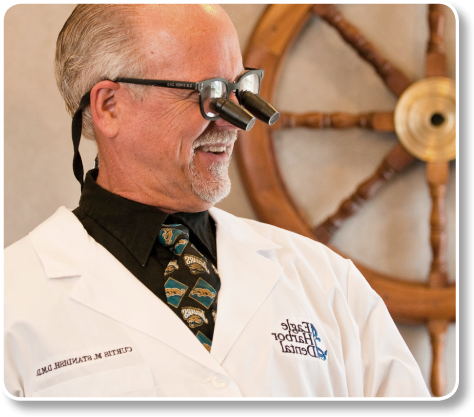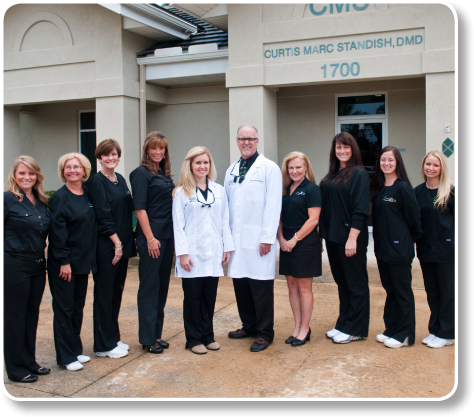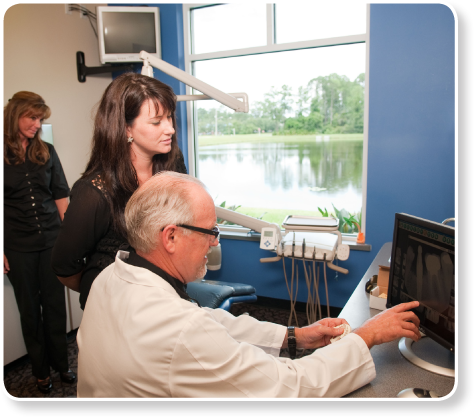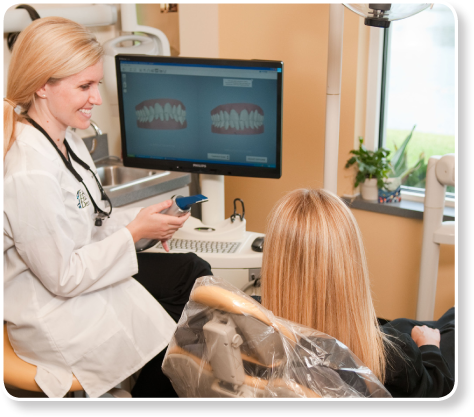Can Cavities Heal on Their Own?
Jun 5, 2025

When it comes to cavities, many people hope for a simple solution—maybe even one that doesn’t require a trip to the dentist. It’s a common question: Can cavities heal on their own? The short answer is no—but there’s a bit more to the story, especially when we consider how cavities form and what you can do to prevent or minimize tooth decay.
What Is a Cavity?
A cavity is a permanently damaged area in the hard surface of your tooth that turns into a tiny hole or opening. It develops when plaque—a sticky film of bacteria—breaks down sugar and starches in your food, producing acids that erode tooth enamel over time.
If left untreated, cavities can grow larger, reach deeper layers of the tooth, and eventually lead to pain, infection, or even tooth loss.
The Early Stage: Demineralization
In the earliest stage of tooth decay, the enamel begins to weaken—a process called demineralization. At this point, you might not have a visible cavity yet, and the damage could potentially be reversed with good oral hygiene and fluoride treatments.
Signs of early enamel demineralization may include:
Once a Cavity Forms, It Cannot Heal Naturally
Once enamel has broken down enough to form an actual hole or soft spot in the tooth, that’s a true cavity—and it cannot regenerate on its own. Enamel doesn’t contain living cells, so the body can’t repair it like it might a bone or a cut on your skin.
Professional dental treatment is required at this stage to:
How To Stop Tooth Decay From Progressing
While you can’t heal an existing cavity without a dentist, you can take steps to stop early decay and protect your teeth from future cavities:
Don’t Wait—Catch Cavities Early
Cavities won’t go away on their own—and waiting too long can turn a simple filling into something more serious like a root canal or extraction. Regular dental checkups help catch problems early when they’re easiest (and most affordable) to treat.
Think You Might Have a Cavity?
Don’t wait—schedule an exam and let our dental team help protect your smile.
For informational purposes only.










